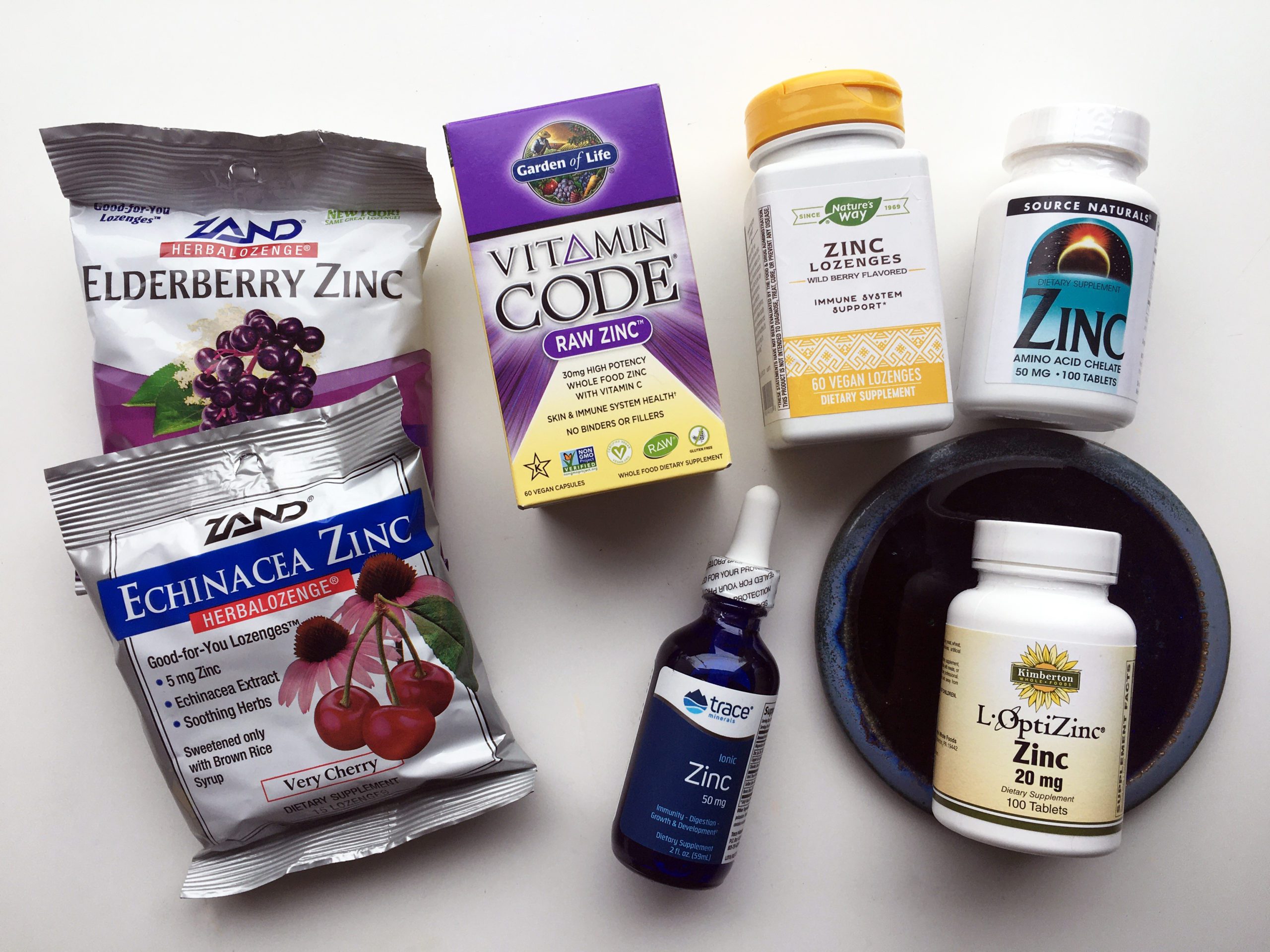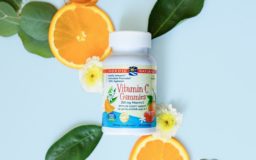Coughing. Aching. Sneezing. The cold and flu season is no treat. This year, consider taking a few simple actions to keep illness at bay. Healthy lifestyle choices are the best way to boost your body’s immunity, naturally. That means exercising regularly, limiting alcohol, caffeine, and sugar, eating healthy meals that contain plenty of fruits and vegetables, and drinking lots of water. Zinc is an essential mineral that is a component of more than 300 enzymes needed to repair wounds, maintain fertility in adults and growth in children, synthesize protein, help cells reproduce, preserve vision, boost immunity, and protect against free radicals, among other functions. Learn how it can be used during the common cold.

HOW TO USE IT
Moderate intake of zinc, approximately 15 mg daily, is adequate to prevent deficiencies. For the alleviation of cold symptoms, lozenges providing 13–25 mg of zinc in the form zinc gluconate, zinc gluconate-glycine, or zinc acetate are generally used frequently but only for several days.
COMMON COLD/SORE THROAT
Zinc interferes with viral replication in test tubes, may interfere with the ability of viruses to enter cells of the body, may help immune cells to fight a cold, and may relieve cold symptoms when taken as a supplement. In double-blind trials, zinc lozenges have reduced the duration of colds in adults but have been ineffective in children. For the alleviation of cold symptoms, lozenges providing 13 to 25 mg of zinc (as zinc gluconate, zinc gluconate-glycine, or zinc acetate) are used every two hours while awake but only for several days. The best effect is obtained when lozenges are used at the first sign of a cold.
WHERE TO FIND IT
Good sources of zinc include oysters, meat, eggs, seafood, black-eyed peas, tofu, and wheat germ.
POSSIBLE DEFICIENCIES
The average diet frequently provides less than the Recommended Dietary Allowance for zinc, particularly in vegetarians. To what extent (if any) these small deficits in zinc intake create clinical problems remains unclear. Nonetheless, a low-potency supplement (15 mg per day) can fill in dietary gaps. Zinc deficiencies are more common in alcoholics and people with sickle cell anemia, malabsorption problems, and chronic kidney disease.
BEST FORM TO TAKE
A number of different forms of zinc are used in supplements. Zinc oxide appears to be less bioavailable than other forms, whereas zinc sulfate is not as well tolerated as other forms; therefore, forms other than zinc oxide and zinc sulfate are preferable. When used in lozenges for colds, zinc acetate and zinc gluconate are the preferred forms.
INTERACTIONS WITH SUPPLEMENTS, FOODS, & OTHER COMPOUNDS
Zinc competes for absorption with copper, iron, calcium, and magnesium. A multimineral supplement will help prevent mineral imbalances that can result from taking high amounts of zinc for extended periods of time. Certain medicines interact with this supplement. Learn more here.
Information courtesy of Health Notes. Find full list of references here.






